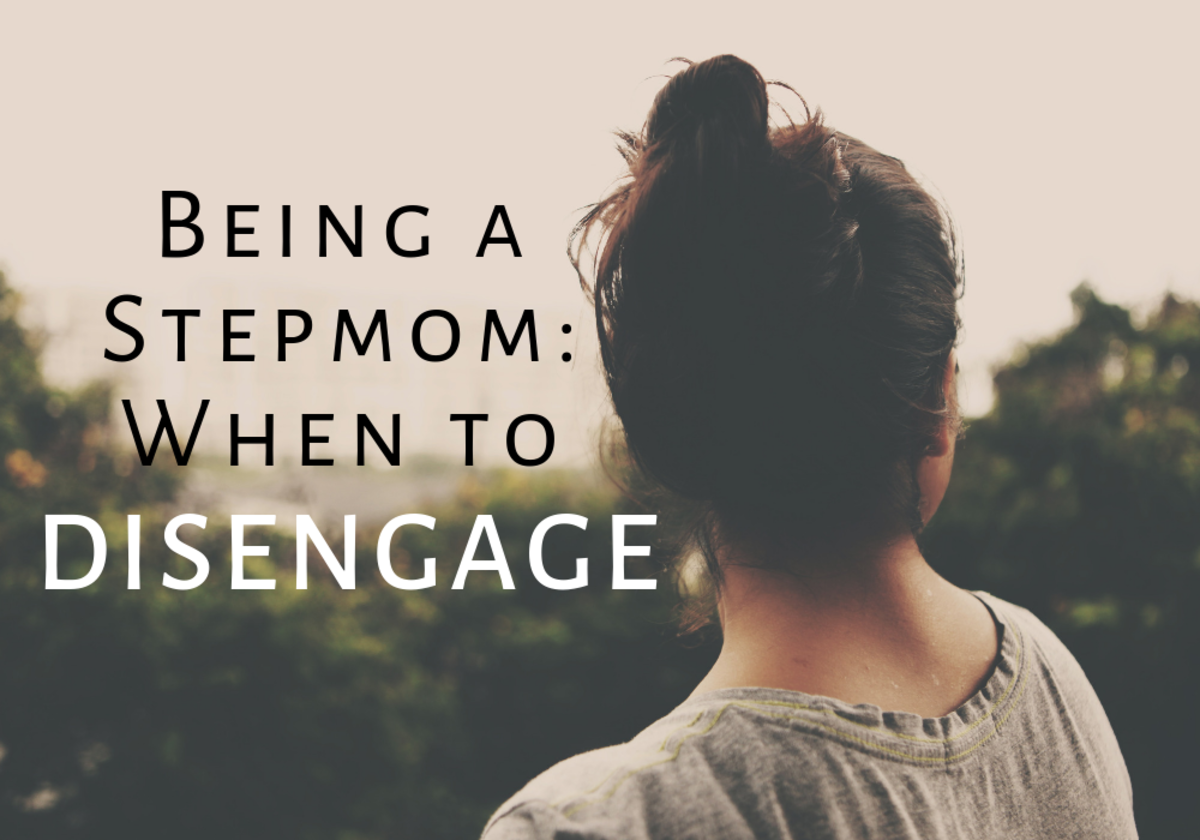Communication and Boundaries In A Blended Family

Blended Families
Blending a family can either be a wonder and beneficial situation for everyone involved or, it can be a nightmare.
There are many hurdles to overcome when two families come together. Each person brings their own expectations and different views of the situation.
A step-parent is not the same as a biological parent.
Although it is tempting to pretend that a new spouse is the biological parent and everyone can just act as though no change was ever made. This is a recipe for disaster.
Communication
Communication is one of the most important elements in any relationship and family.
It might be even more important when a family is blended.
Each member of the family has a role to play and when there are additions or subtractions those roles need to be reexamined and understood.

A Period of Adjustment
Each person who is involved in the new union has their own personal expectations and insecurities.
It is very important that these are communicated in detail with the other members. Everyone in the home has their own ways of doing things and thinking about things. When someone new is added to the household, there is a big adjustment period for all.
The biological parent and the step-parent need to be very sensitive and attentive to the adjustment process and its effect on the children.
The adults need to let the children know that they aren’t going to be replaced or dismissed. Instead, their family is growing so there will be more love and support for them.
Boundaries
Boundaries will be an ongoing topic of discussion but the basic rules should be covered in the beginning.
The adults will undoubtedly expect the kids to respect certain boundaries when it comes to their step-parent and the new relationship the parent has. These expectations should be communicated very clearly and calmly.
There are two types of boundaries that need to be addressed.
- The boundaries associated with the living together and respecting each other’s space and property
- The boundaries of behavior and respecting each person’s role in the blended family
Sharing Space
The children and their biological parent understand each other’s quirks and idiosyncrasies because they have always lived together.
When someone new moves into the house and joins the family dynamic, there is a large margin for misunderstandings and hurt feelings if the boundaries aren’t clearly established.

Things To Discuss
All families are unique in their make-up and personalities. These are just a few generic, sample situations that may generate stress in the home if they aren’t discussed openly.
- The kids are expected to knock before entering the bedroom or bathroom now
- Step-daughters may borrow the step-moms jackets and shoes but aren’t allowed to touch her make up
- The step-son may borrow the step-father’s video games but has to ask first
- The step-parent will not go into the child’s room without asking
- The Step-father will not negatively comment on the step-daughters appearance or style choice
Respect
A new spouse or partner for the biological parent doesn’t mean a new mom or dad for the children. It is important the kids know that the new step-parent isn’t trying to replace their parent.
The step-parent is an adult authority figure in the home however and there has to be certain boundaries for behavior and respect.
The biological parent needs to make it clear that the step-parent is an adult and a member of the family. They deserve to be treated with courtesy and respect.
If the child is having a problem with their step-parent, they can always openly communicate with their biological parent. It doesn’t mean the child will always get their way, it just means that they will always be heard and their feeling are valued.
Power Struggles
In some unfortunate situations there may be a power struggle between the step-parent and step-children. Sometimes these struggles are loud and obvious and sometimes they are quiet and destructive.
This is most common when one or all of the family members had preconceived expectations that were unrealistic.
Unrealistic Expectations by The Step-Parent
The step-parent may come in to the situation thinking that they can assume the father or mother role simply because they are married to the child’s biological parent.
They will most likely be shocked and hurt when the kids rebel against that. This could result in the step-parent being angry with the kids and creating tension in the home.
Unrealistic Expectations by The Biological Parent
The biological parent may assume that they can be relived of some of their parenting responsibilities now that there are two adults in the house.
They will also be hurt and disappointed when the kids rebel against this and the step-parent gets frustrated.
Unrealistic Expectations by The Child
The children may expect to be indulged quite a bit and have an unrealistic amount of power.
This happens occasionally because when their biological parent and step-parent were just dating they were trying extra hard for the child to like the new boyfriend or girlfriend. Frequently they are excited that this nice person who gives them lots of attention and gifts is moving in.
They understandably feel mislead when things settle down into normal life.
Setting Up For Success
This discontent can be reduced dramatically if the roles and boundaries are communicated and discussed openly and honestly. When everyone knows where they stand and what to expect, they feel more secure. The home can the peaceful sanctuary everyone needs.










